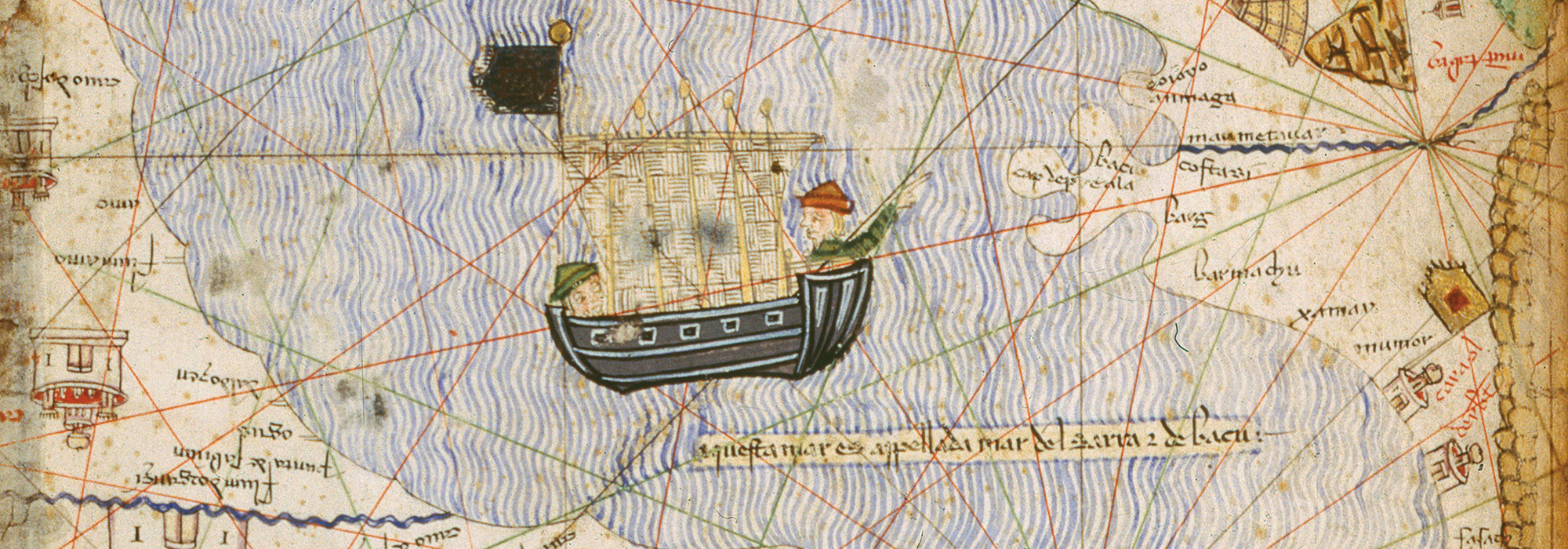TÜBINGEN, GERMANY—Cosmos Magazine reports that two skulls held at Cambridge University were examined as part of a study of ancient Egyptian medical practices by an international team of archaeologists and medical professionals. The first skull and jaw, labeled 236, belonged to a man who died between the ages of 30 and 35, sometime between 2687 and 2345 B.C. The second skull, labeled E270, belonged to a woman who was more than 50 years old when she died between 663 and 343 B.C. Micro-CT scans revealed a large lesion in skull 236 consistent with cancer, and 30 smaller, metastasized lesions. Cut marks were also detected around the lesions. “It seems ancient Egyptians performed some kind of surgical intervention related to the presence of cancerous cells, proving that ancient Egyptian medicine was also conducting experimental treatments or medical explorations in relation to cancer,” said research team member Albert Isidor of Spain’s University Hospital Sagrat Cor. Bone damage consistent with cancer was also found on skull E270, in addition to evidence of two healed head injuries. Archaeologist Tatiana Tondini of the University of Tübingen suggests that the woman may have been involved in warfare and received treatment for these injuries before she became ill with cancer. “We see that although ancient Egyptians were able to deal with complex cranial fractures, cancer was still a medical knowledge frontier,” she said. Read the original scholarly article about this research in Frontiers in Medicine. For more, go to "Ancient Oncology."
Did Ancient Egyptian Physicians Treat Cancer?
News May 31, 2024
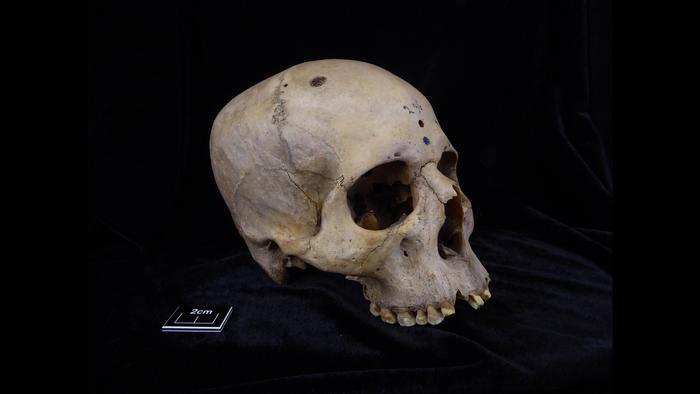
Recommended Articles
Off the Grid January/February 2026
Prophetstown, Indiana

Letter from France January/February 2026
Neolithic Cultural Revolution
How farmers came together to build Europe’s most grandiose funerary monuments some 7,000 years ago
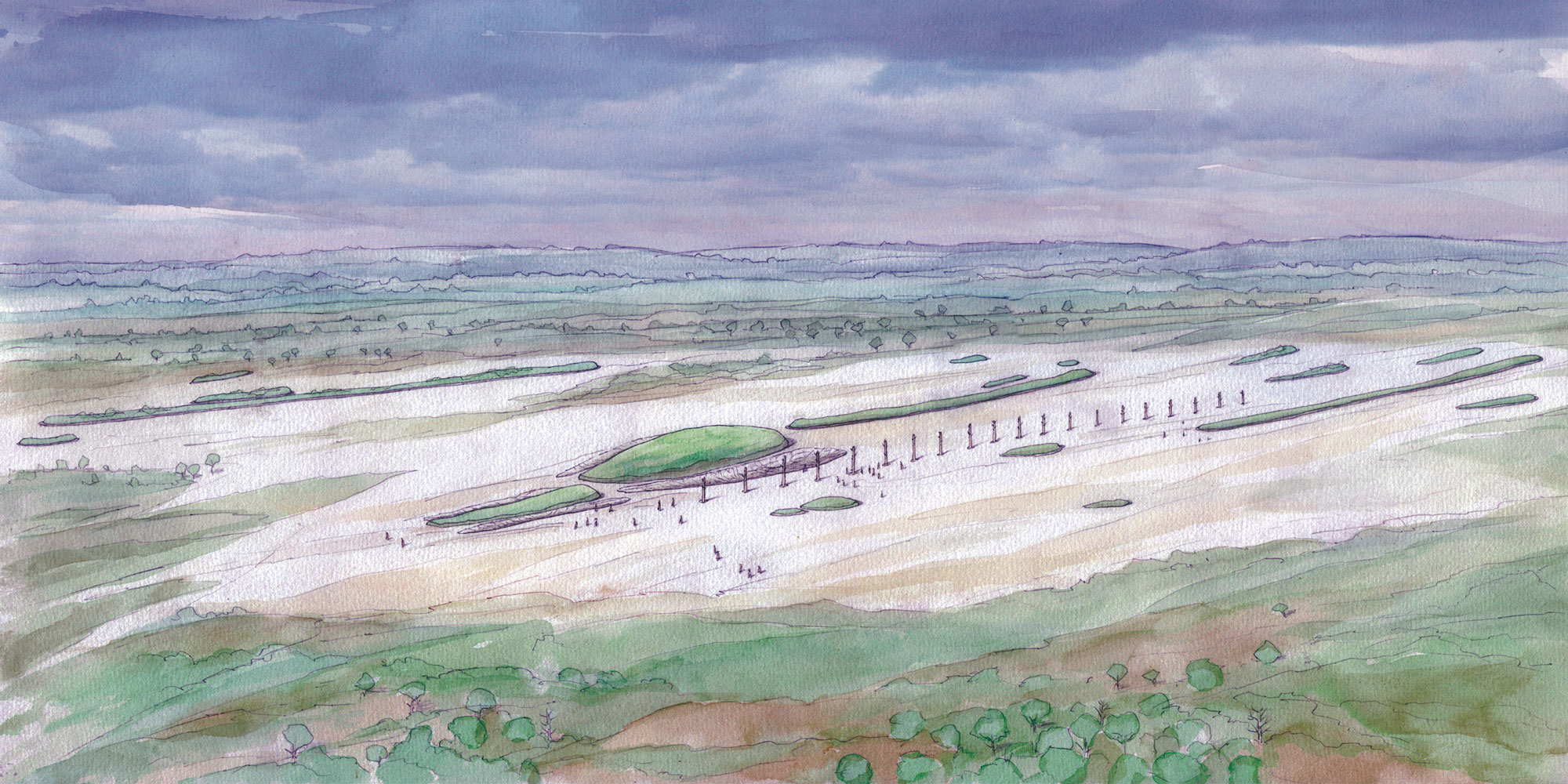
Features January/February 2026
The Cost of Doing Business
Piecing together the Roman empire’s longest known inscription—a peculiarly precise inventory of prices

Features January/February 2026
The Birds of Amarna
An Egyptian princess seeks sanctuary in her private palace
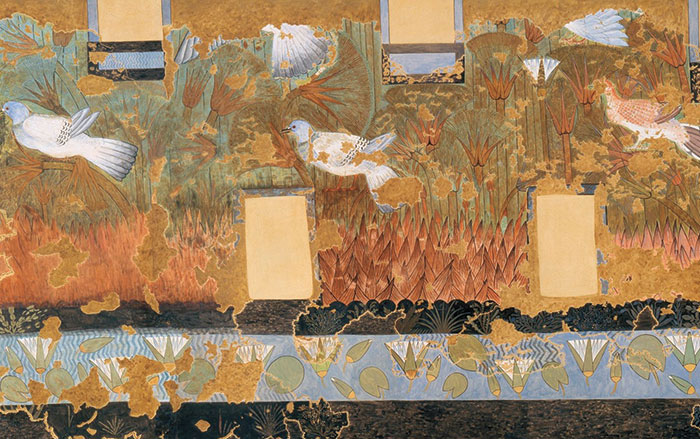
-
Features May/June 2024
Alexander the Great's Untold Story
Excavations in northern Greece are revealing the world that shaped the future king
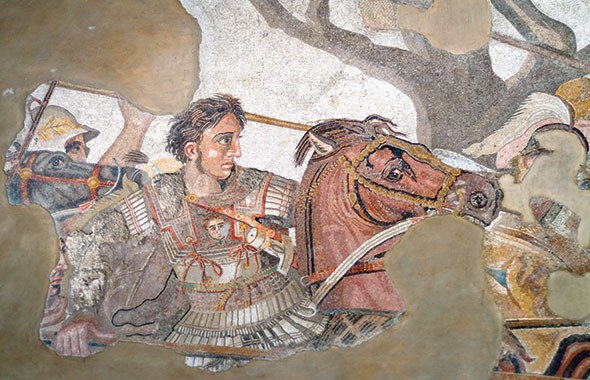 (Veronika Pfeiffer/Alamy)
(Veronika Pfeiffer/Alamy) -
Letter from the Catskills May/June 2024
Ghost Towns of the Ashokan Reservoir
An archaeologist investigates how construction of New York City’s largest reservoir a century ago uprooted thousands of rural residents
 (Courtesy the New York City Department of Environmental Protection)
(Courtesy the New York City Department of Environmental Protection) -
Artifacts May/June 2024
Medieval Iron Gauntlet
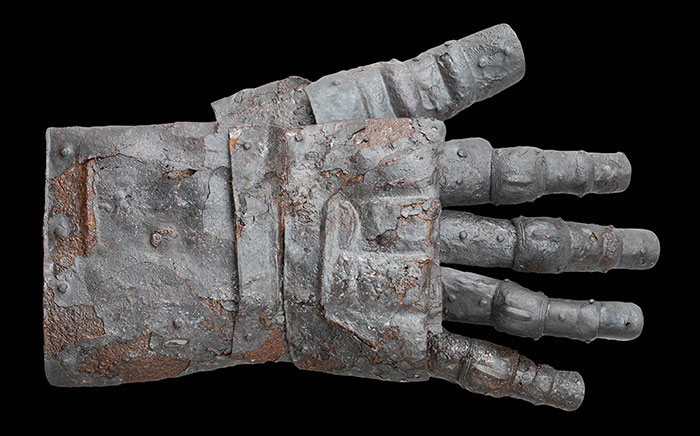 (Courtesy Canton of Zurich)
(Courtesy Canton of Zurich) -
Digs & Discoveries May/June 2024
Ancient Egyptian Caregivers
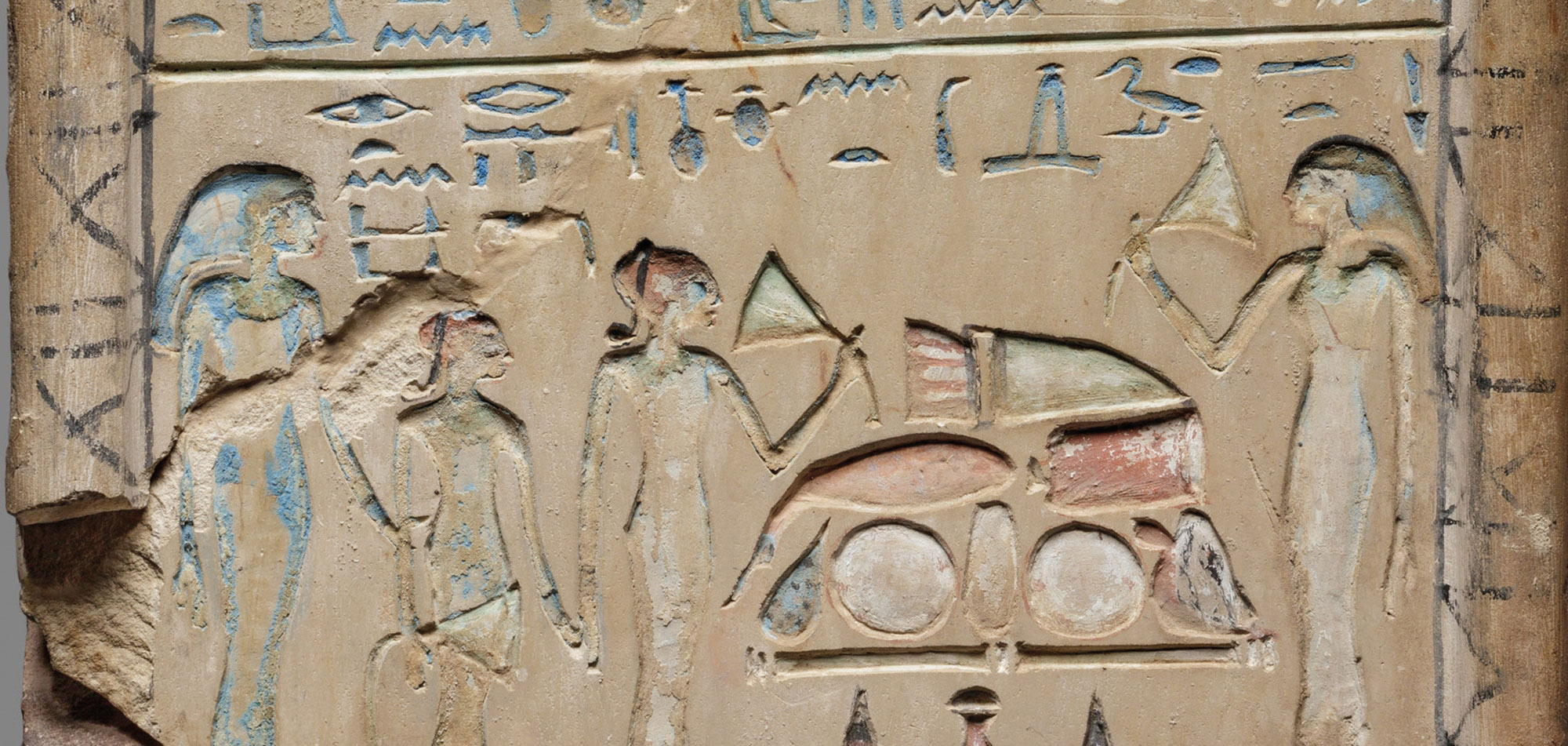 (Metropolitan Museum of Art)
(Metropolitan Museum of Art)


